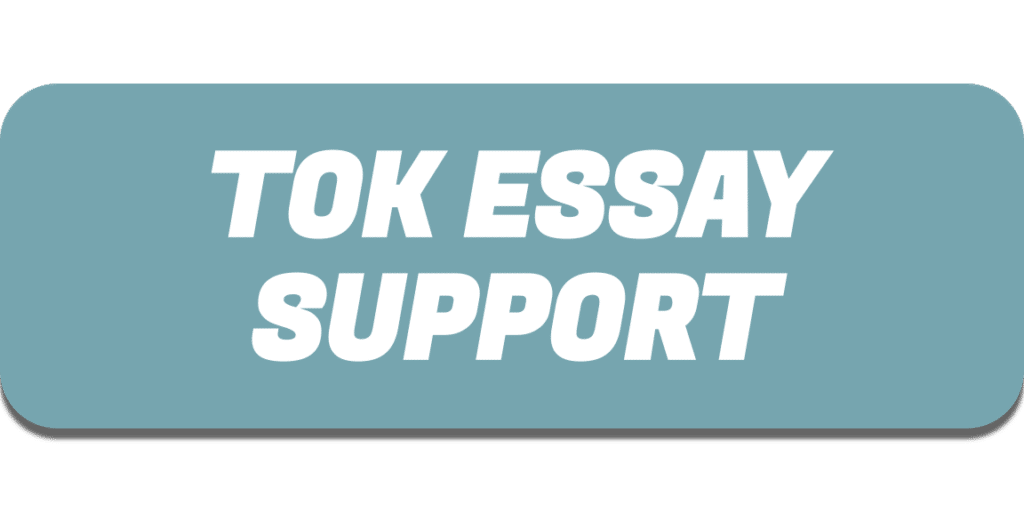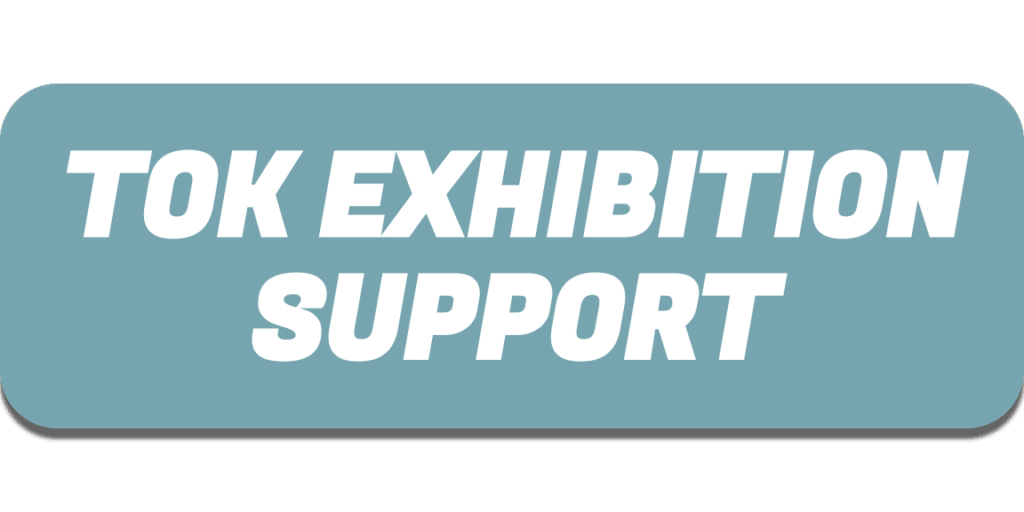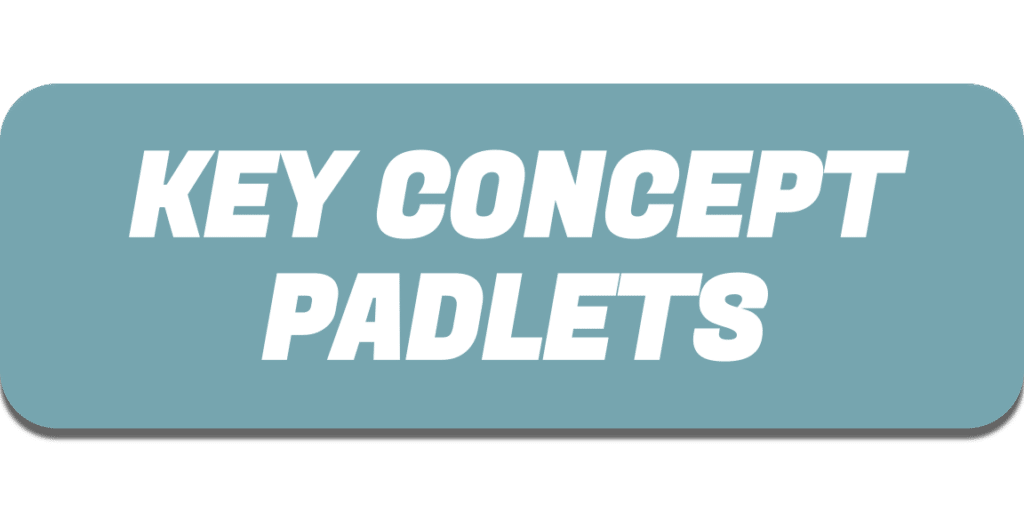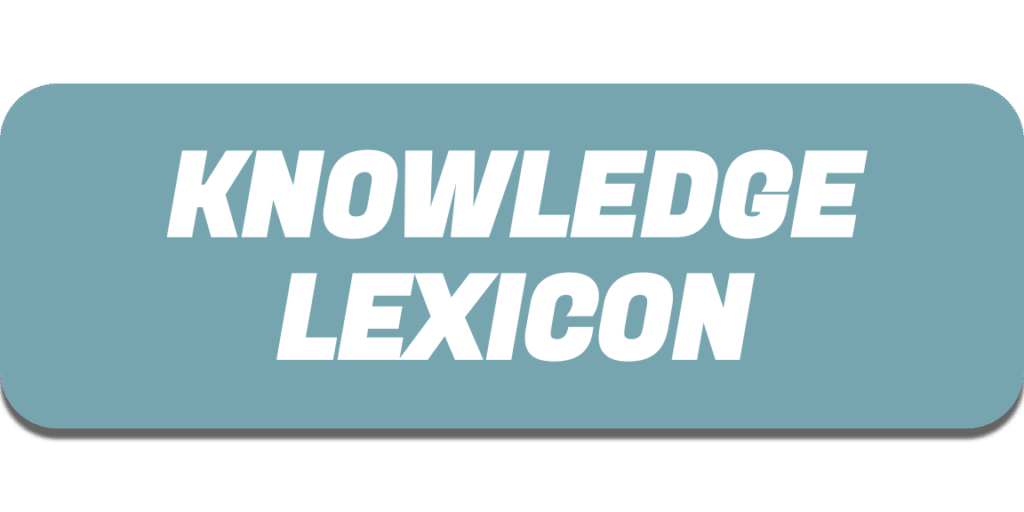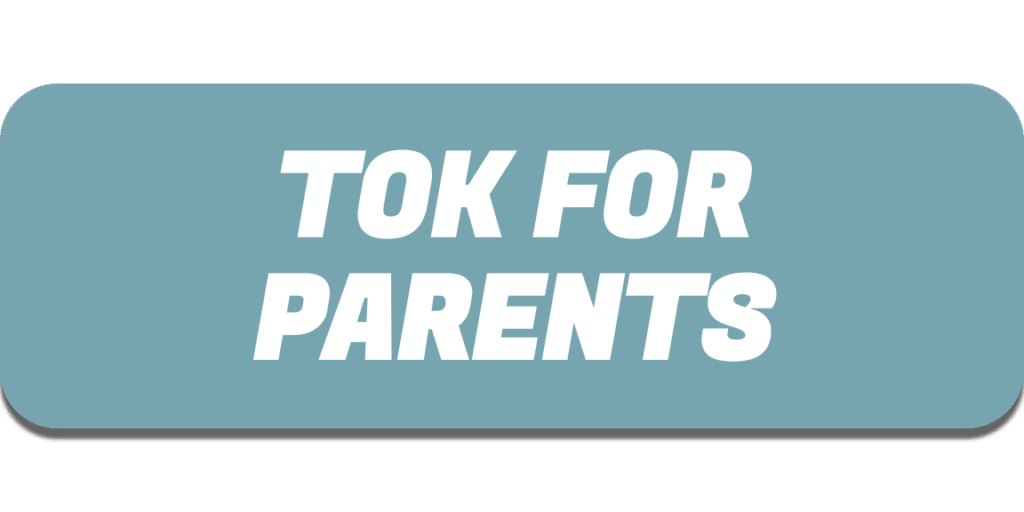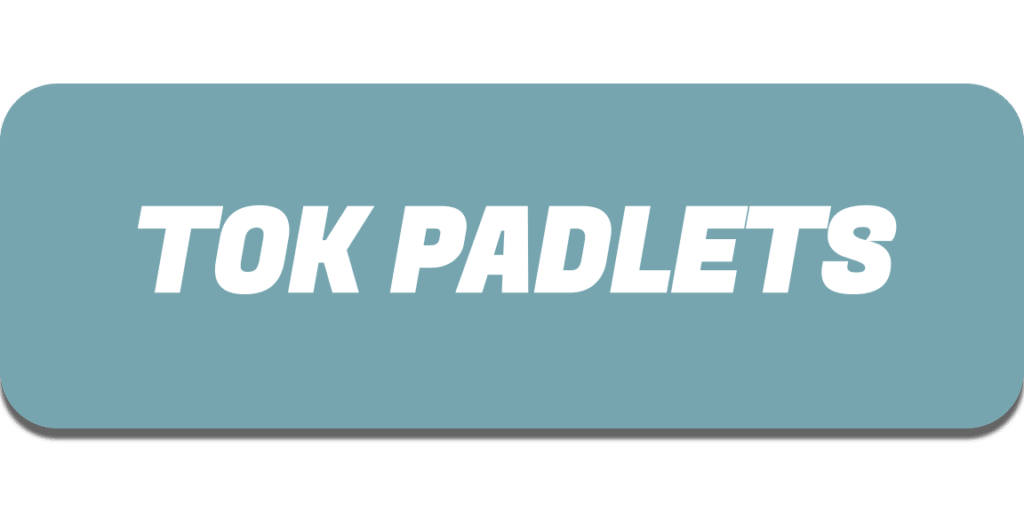
Our TOK-world resources focus directly on central aspects of the course, such as the 12 key concepts, the TOK essay and exhibition, and ways parents can get onboard and support their children’s learning.
The TOK-world should not be explored in isolation, so use the resources below alongside our real-world resources to fully develop your students’ understanding of the course, and help students become authentic critical thinkers (ACT).
Access the TOK-world resources
Hit the buttons below to take you to our TOK-world resources. Combine these resources with our lessons, real-world resources, and integration resources to offer the full TOK experience.
At the heart of what we do is the encouragement of students to become authentic critical thinkers (ACT). This means providing learners with the tools to identify and challenge – rather than confirm – their biases and assumptions about the world.
The ACT/TOK teaching and learning pathway
Placing ACT at the heart of what we do enables us to create a learning pathway represented by the diagram below. We begin with resources for primary learners, move onto the middle years resources, and culminate in our resources for the TOK course (or, if your students are following a different educational programme our senior ACT resources).
Our resources are incredibly flexible, and can be plugged into any educational programme. You can draw on our middle and primary ACT resources to help prepare students for the TOK course within timetabled critical thinking classes, PSE lessons, or in optional extension periods outside the usual day – it’s entirely up to you.
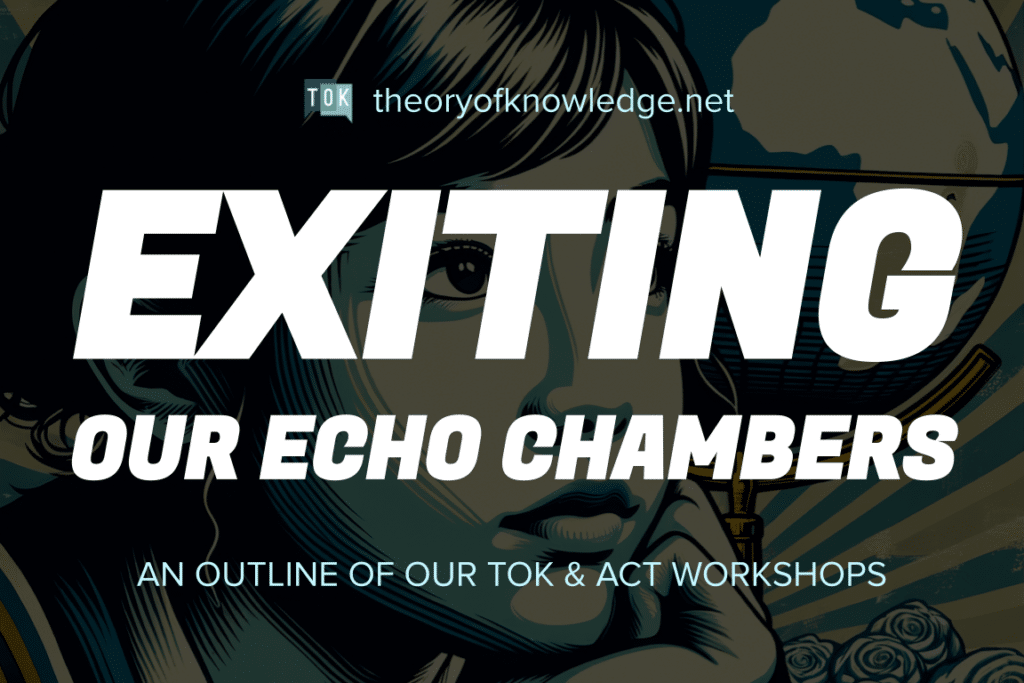
Help your learners to exit their echo chambers!
Our online and in-person workshops offer the usual support for students writing the essay and exhibition, and TOK departments designing great courses.
But our training sessions go much further than this: by focusing on authentic critical thinking, they demonstrate how to help learners confront, rather than confirm, their biases and assumptions, and exit their echo chambers. This makes them accessible and relevant for all teachers, whatever their subject or programme. Read more here.
